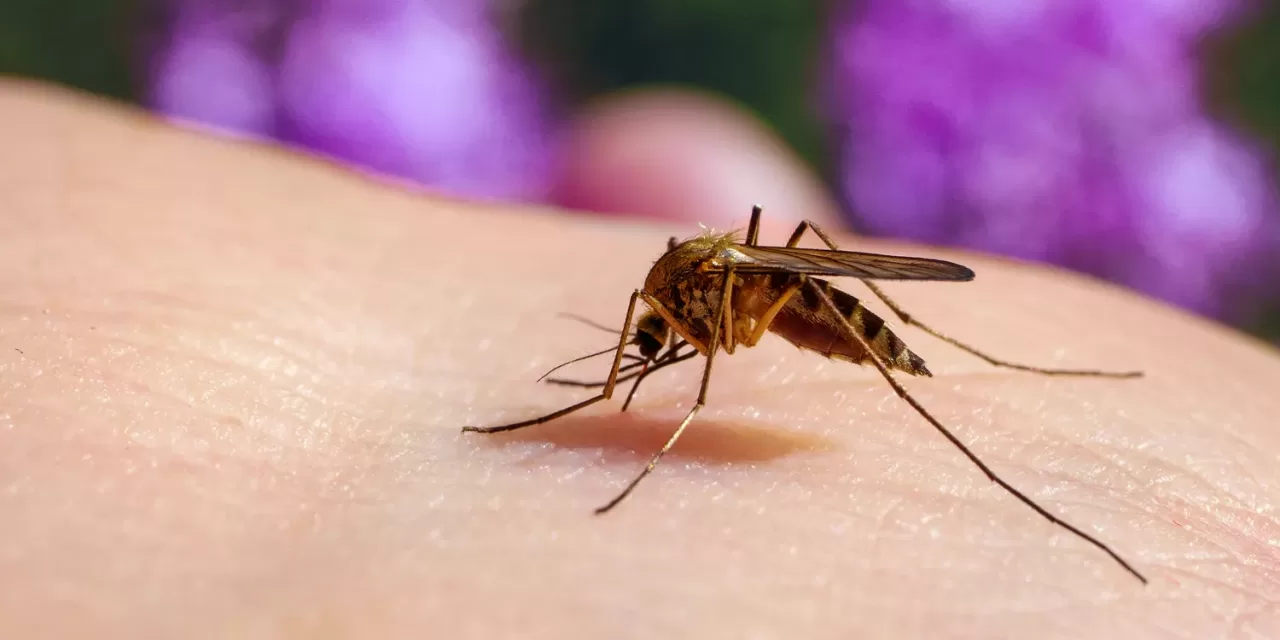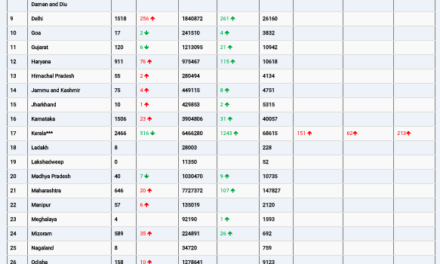In a groundbreaking effort to combat the spread of deadly diseases, Australia’s national science agency, the Commonwealth Scientific and Industrial Research Organization (CSIRO), has partnered with UK biotechnology company Oxitec to launch a pioneering venture named Oxitec Australia. The initiative, announced on Tuesday, aims to tackle two of the most dangerous mosquito species in the Pacific region: Aedes aegypti and Aedes albopictus. These mosquitoes are notorious for transmitting dengue fever, Zika virus, and yellow fever.
The cornerstone of this initiative is the release of genetically engineered male mosquitoes carrying a unique self-limiting gene. This gene, when passed on to offspring, causes female mosquitoes—the ones responsible for biting and spreading disease—to die before reaching maturity. Males, unaffected by the gene, continue to propagate it in the wild mosquito population, gradually reducing the number of disease-spreading females.
Addressing a Growing Threat
Dr. Brett Sutton, Director of Health and Biosecurity at CSIRO, highlighted the importance of the initiative in the face of escalating challenges posed by climate change and growing pesticide resistance.
“Factors like climate change and growing pesticide resistance will only bring greater challenges to the health of Australians and our region via vector-borne diseases,” Sutton said. “This technology platform could also be used to develop solutions for a wide spectrum of pests that threaten livestock, crops, and our food systems.”
The venture is part of a broader strategy to mitigate the risks posed by invasive species and exotic pests. Aedes albopictus, also known as the Asian tiger mosquito, represents a significant threat as it is highly invasive and capable of spreading multiple viruses, including dengue, Zika, and chikungunya. While it has yet to invade mainland Australia, it has established a presence in the Torres Strait Islands, raising alarms about its potential spread.
Global Health Impact
According to the World Health Organization (WHO), vector-borne diseases account for over 17 percent of infectious diseases globally, causing more than 700,000 deaths annually. Dengue fever alone claims an estimated 40,000 lives each year, with millions more affected by debilitating illness.
Oxitec’s genetically modified mosquitoes offer a targeted, environmentally friendly solution that reduces reliance on traditional chemical pesticides. This approach has already demonstrated success in trials across several countries, showcasing its potential to transform public health strategies in mosquito-prone regions.
Looking Ahead
In addition to targeting Aedes aegypti and Aedes albopictus, Oxitec Australia envisions broader applications for this technology. Future developments could address a range of pests affecting agriculture and livestock, further contributing to food security and sustainable practices.
As the world faces increasing threats from vector-borne diseases, this innovative Australian venture marks a significant step forward in protecting public health and biodiversity. By leveraging advanced genetic technologies, Oxitec Australia aims to reduce the devastating impact of mosquitoes on communities across the Pacific and beyond.











